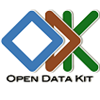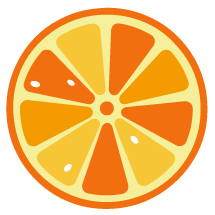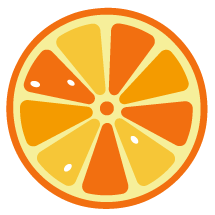Technologies
RTI has been helping our local counterparts to use Information and Communication Technology (ICT) tools to achieve development results for more than two decades. Continuing advances such as mobile phones, lower cost computing devices, alternative power sources, and open source software have opened new opportunities. These are transformational technologies. At RTI, we believe in helping local counterparts to select tools that they can use and sustain to achieve development results. The following highlights are specific examples.










